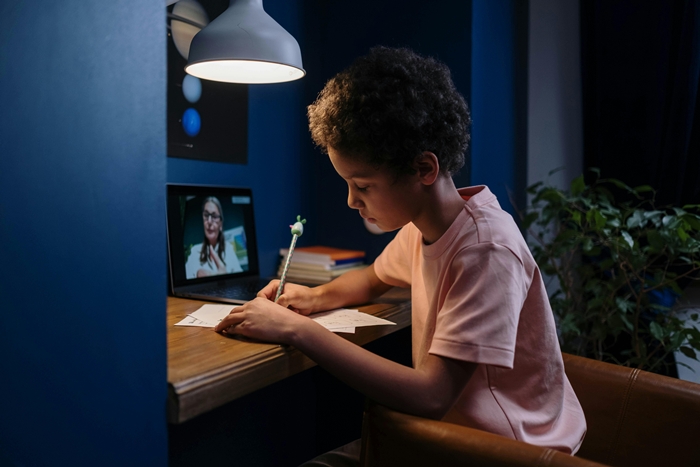Education is a dynamic process that shapes individuals by imparting knowledge, skills, and values. Effective learning strategies enhance comprehension, retention, and application of concepts, ensuring a more structured and engaging learning experience. Traditional vs. Modern Learning Strategies Over the years, educational methodologies have evolved from rote learning to more interactive and student-centric approaches. The table...
BlogEducation and Learning Strategies

Education is a dynamic process that shapes individuals by imparting knowledge, skills, and values. Effective learning strategies enhance comprehension, retention, and application of concepts, ensuring a more structured and engaging learning experience.
Traditional vs. Modern Learning Strategies
Over the years, educational methodologies have evolved from rote learning to more interactive and student-centric approaches. The table below highlights the differences:
| Aspect | Traditional Learning | Modern Learning |
| Teaching Method | Teacher-centric lectures | Student-centric, interactive |
| Assessment | Memory-based exams | Skill-based, analytical |
| Learning Pace | Uniform for all students | Adaptive to individual needs |
| Tools Used | Books, blackboards | Digital platforms, AI tools |
| Skill Focus | Theoretical knowledge | Practical application, problem-solving |
Both approaches have their relevance, but modern strategies integrate technology and engagement techniques to improve learning outcomes.
Key Learning Strategies for Effective Education
1. Active Learning
Active learning encourages students to participate in the learning process rather than passively receiving information. Methods like group discussions, problem-solving exercises, and case studies engage students and enhance critical thinking.
2. Inquiry-Based Learning
Inquiry-based learning promotes curiosity by allowing students to explore topics through questioning and research. This approach is widely used in science and humanities, fostering independent thought and deeper understanding.
3. Experiential Learning
Experiential learning focuses on learning through experience. Internships, hands-on experiments, and role-playing activities reinforce classroom concepts with real-world applications.
The Role of Cognitive Techniques in Learning
Cognitive techniques help students process and retain information efficiently. The following table explains some key cognitive strategies:
| Cognitive Technique | Description |
| Spaced Repetition | Learning in intervals to improve retention |
| Mnemonics | Memory aids that link information with patterns |
| Visualization | Using images and diagrams for better comprehension |
| Metacognition | Reflecting on one’s learning process to improve effectiveness |
| Chunking | Breaking large information into smaller, manageable parts |
By integrating cognitive techniques into daily study habits, students can enhance their memory and analytical skills.
Digital Learning and Technology Integration
The rise of digital education has transformed learning strategies, making education more accessible and personalised. Smart classrooms, e-learning modules, and AI-driven tutoring systems have redefined traditional teaching methodologies.
1. E-Learning Platforms
Platforms offering video lectures, quizzes, and interactive exercises provide a self-paced learning experience. This is especially beneficial for students preparing for competitive exams or pursuing distance education.
2. Gamification in Learning
Gamification uses game elements like rewards, leaderboards, and challenges to make learning engaging. Educational apps incorporate this strategy to motivate students.
3. Adaptive Learning Systems
Artificial Intelligence (AI) in education helps in tailoring content to suit individual learning speeds. AI-driven platforms assess students’ strengths and weaknesses, offering personalised recommendations for improvement.
Importance of Life Skills in Education
Beyond academics, education must equip students with essential life skills such as communication, teamwork, and emotional intelligence. These skills prepare students for professional success and societal interactions.
1. Communication Skills
Strong communication skills enable students to express ideas clearly and confidently. Schools and colleges integrate debates, public speaking exercises, and writing assignments to enhance these skills.
2. Problem-Solving and Critical Thinking
Encouraging students to analyse and solve problems independently builds their confidence and decision-making abilities. Case studies, logical reasoning exercises, and project-based assessments support this approach.
An effective education system incorporates various learning strategies to cater to diverse learners. By blending traditional knowledge with modern techniques, integrating technology, and focusing on holistic development, students can be better prepared for academic and professional success. Educational institutions must continue evolving, ensuring that learning remains engaging, effective, and inclusive.